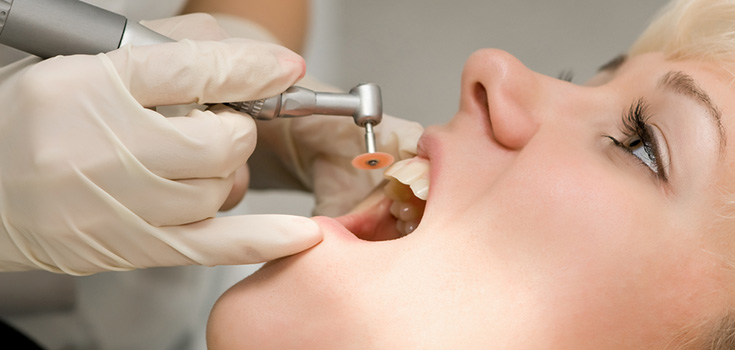Harvard Study Finds Bisphenol A in Dental Fillings and Sealants

After a new study out of Harvard Medical School revealed that dental fillings and sealants contain dangerously high levels of the plastic chemical bisphenol A (BPA), some dentists are now claiming that these fillings and sealants are still perfectly safe for use in children.
BPA is an endocrine disrupter that mimics the hormone estrogen. Consequently, has been linked to reduced fertility in men, and even receipts containing BPA can be harmful to male hormone levels when handled. BPA is found in plastics, soft drink cans, soup cans, and thousands of other packaging containers.
A recent California bill would have banned BPA in children-related items such as baby bottles and children’s toys, but was shot down on September 2nd. Connecticut, Maryland, Massachusetts, Minnesota, Vermont, Wisconsin, and Washington already have such laws.
Why then, would it be safe to have fillings and sealants in your mouth that contain this chemical? The research shows that it’s really not. Research shows that BPA levels in saliva skyrocket by around 88 times higher than normal (and what constitutes a “normal” level of a toxic substance?) right after a dental sealing. Experts agree there is no “safe” level of exposure to BPA.
This chemical is one that you should not be exposed to at any level, said von Saal, Curators professor of biology at the University of Missouri at Columbia.
This is why it is shocking that multiple media outlets have started claiming that BPA is actually not a danger to health, despite routine research proving that this gender-bending chemical is nothing to play around with.
Additional Sources:
